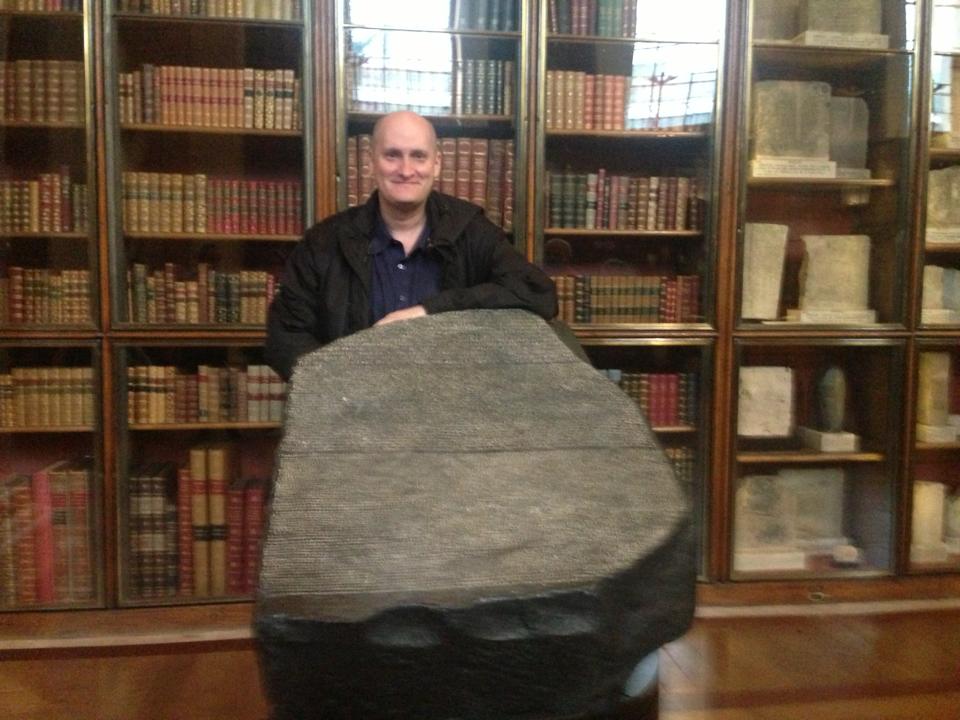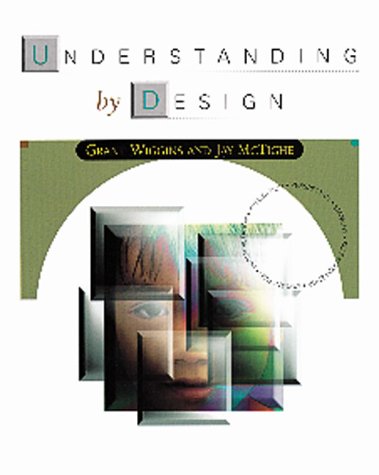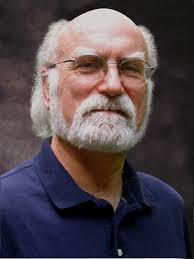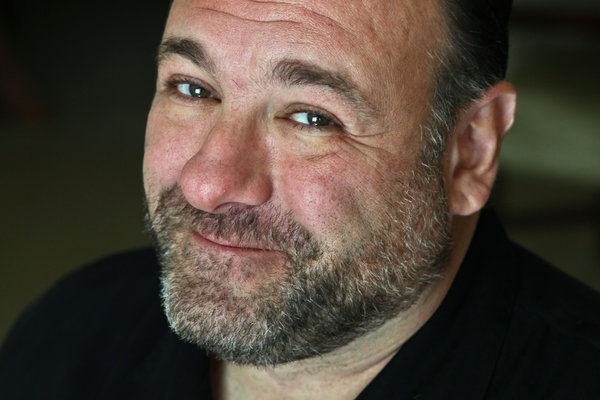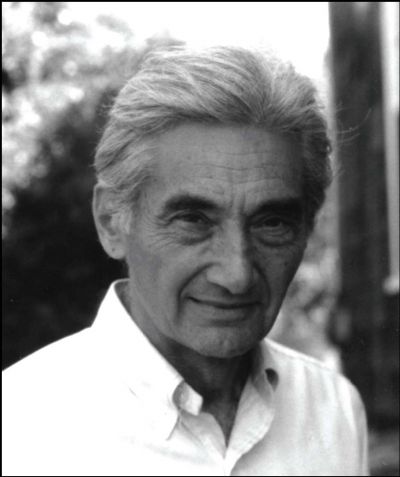Today is Sibling’s Day, and I’m pleased to send a shout out to my sister Susan, as well as the honorary brothers and sisters I’ve been lucky to accumulate over the years.
I lost such an adopted brother four years ago today. Larry Cohen and I grew up together throughout childhood and our teenage years. My earliest memories of him are from the second grade play — I was the Scarecrow and he played the Tin Man — though our association must have gone back longer than that since our mothers were best friends. Case in point, I first learned about my mother’s cancer from Larry. She had told Anne Cohen before she told me. A lot of information went through that loop over the years, but none for some time, since I’m the only surviving member of the quartet.
Larry had a sister Lauren, who was Susan’s age, also part of our extended elective family. So when Lauren posted a Facebook request for stories about her brother so her nephew Forest could read about his father, I decided to bring it here, where I could have the space to be as long-winded and self-indulgent as the moment would allow. If that doesn’t interest you today, you can come back on Thursday for the riddle. There won’t be any anagrams or Shakespeare references here. (Well, maybe just one Shakespeare reference towards the end, but that’s it.)
My friendship with Larry spanned well over forty years and through many stages of life, but if I’m being honest, I think of him as my middle-school friend, because that’s about as important as it gets. When you’re as vulnerable as we are at that age, it matters a lot who you choose to trust. Sharing secrets nobody else can know. Co-navigating the social jungle of adolescence. Discovering who you are and who you can help each other become. That’s who Larry and I were to each other. We started out as little boys and we became men together, and we were better men for having done it together. That’s a bond that, once formed, can never be broken, not even now. Not even in death. Because the man I am now came out of that time, and the people who were a part of that will always be a part of me. Period.
We were also part of the same synagogue, and a lot of our social world revolved around events and organizations in the Jewish community. We were observant, but not particularly religious, and services were something we did out of obligation, not devotion. There was one prayer that Larry and I made a little game around. Most Jewish people are very familiar with the commonly recited prayer “Aleinu” (literally “it is upon us”) and its familiar opening line:
Aleinu le’shabeiach la’adon hakol…
The prayer ends with the words u’shemo echad (his name will be one), and in the services I’ve attended, it is sung to a particular tune so that the word u’shemo is repeated three times. Larry and I, as middle-school children, thought it would be funny to point to each other and sing “You schmo” while everyone else was singing u’shemo. So we did, and it was even funnier than we had hoped! What’s more, it got funnier and funnier each time we did it, over the many years we attended services together. I don’t know how two school children in the early 1980’s were able to develop such a sophisticated and wry sense of humor, but you’ll have to trust me — it was comedy gold.
Fast forward through high school and beyond. There are a lot more stories I could tell. Larry and I founded a Students Against Driving Drunk chapter our freshman year of high school, and by our junior year, it had over 100 members. But, for now, I want to push forward to October 2005. My father passed away that month after a year-long battle with cancer. Friends and family — including Larry, Lauren, and Anne — gathered at my mother’s house for the Jewish custom of sitting shiva. For those who haven’t done it, it involves a lot of food, stories about the deceased, and intense community bonding.
At one point, we gathered in the foyer to do prayers, and one of the prayers was the Mourner’s Kaddish. I hadn’t cried for my father’s death before then, but something about saying the Mourner’s Kaddish as an actual mourner brought me to the breaking point. All of the stress that had been building up in my body erupted, and I found myself crying and shaking and pushing my way through a prayer that was overly familiar and yet an entirely new experience for me. Saying the Mourner’s Kaddish for my father may have been one of the worst moments of my life. And then, just like that, it was over, and we were ready to move on to the next prayer in the book.
Aleinu le’shabeiach la’adon hakol…
From across the crowded room, Larry and I made eye contact with each other. Now, obviously, we weren’t going to do it. But that didn’t mean that we couldn’t take advantage of the opportunity to make the other guy laugh at an inappropriate time. Each of us steeled ourselves, prepared for the inevitable moment to come.
…u’shemo…
Our eyes locked. Neither of us smiled. Neither of us gave a knowing nod. Just a dead stare.
…u’shemo…
He’s going to break, each of us thought. He’s weak.
…u’shemo echad.
The moment had passed without scandal. Each of us turned back to our prayer books. We never spoke of this moment, and I’ve never told this story until now.
But I think it’s worth telling now, because it speaks to a special type of friendship. Saying the Mourner’s Kaddish for my father may have been one of the worst moments of my life. But then, because my middle-school friend was there, I was able to be transported out of that moment and immerse myself into a juvenile game filled with childish nostalgia. That’s a piece of magic. And while I may have a few other friends that I have that kind of a special relationship with, I will never, ever make another one, and so the loss of one of the few I had was immeasurable.
I hope Forest will read this, today or someday, and to him, I offer some words from the poet Shakespeare:
Those friends thou hast, and their adoption tried,
Grapple them unto thy soul with hoops of steel.
Sometimes Shakespeare’s lines can be hard to understand, but these aren’t. The friends you make in middle school won’t be your best friends in life. When you’re an adult, you may go years without talking with them. But they hold a special place in your life and should be cherished. You might as well start appreciating them now. And saying the Mourner’s Kaddish for my father was plenty hard for me; I can’t imagine what it will be like for you tomorrow. When you’re older, we’ll get together, and I’ll tell you the real stories.
And one last thing: be respectful during services. Other people around you are trying to pray. Don’t be a knucklehead like your dad was.
